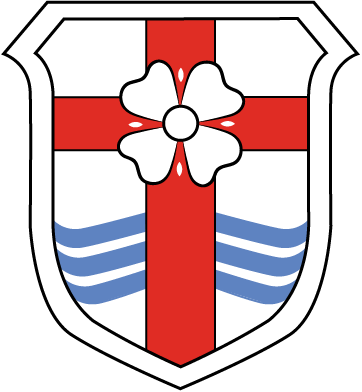01438 352863 I admin@clitherow.herts.sch.uk
ALL SCHOOLS ARE REQUIRED BY LAW TO PRODUCE THIS STATEMENT
British Values at St Margaret Clitherow RC Primary School, Stevenage
"The Catholic school prepares pupils for life in multi-cultural, multi-faith society, interconnected through globalisation and technology which calls forth challenges of involvement, service and citizenship. The Church calls every person to contribute to the common good of society"From Our Catholic Schools: their Identity and their Purpose Diocese of Westminster, The Red Book(third edition) June 2010
The Department for Education require all schools to create and enforce a clear and rigorous expectation on all schools to promote the fundamental British values of democracy, the rule of law, individual liberty and mutual respect and tolerance of those with different faiths and beliefs.
The government set out its definition of British values in the 2011 Prevent Strategy and there has been much media speculation about what this actually means. At St Margaret Clitherow, in our diverse Catholic Community which is fully representative of the Universal Church, these values are reinforced regularly and in the following ways and are underpinned by our Christian ethos.
As a Catholic school, we actively promote values, virtues and ethics that shape our pupils’ character and moral perspective through the teachings of the Church. The promotion of ‘British values’ is central to Catholic education because British values have their origin in the Christian values of our nation. We are confident that our continued focus on the valuesJesus taught us to live by will give our pupils the necessary awareness of what it means to be a good citizen in Britain today and embed the building blocks of a future successful and productive life.
At St Margaret Clitherow School we recognise, not only the importance of helping students to develop academically but also spiritually, morally, socially and culturally. Our aim is that they are fully prepared for life in British society, to take their role as good citizens, able to make the best possible contribution to the common good. We believe in celebrating our community’s increasingly diverse cultural backgrounds whilst also promoting and holding true to what we recognise to be British Values. Democracy, the rule of law, individual liberty, mutual respect and tolerance of those of different faiths are taught explicitly through assemblies, PSHE and the R.E. curriculum.
The document below shows examples of some of the many ways we seek to embed British values at St Margret Clitherow School and should be seen as an indication of our approach rather than an exhaustive list.
